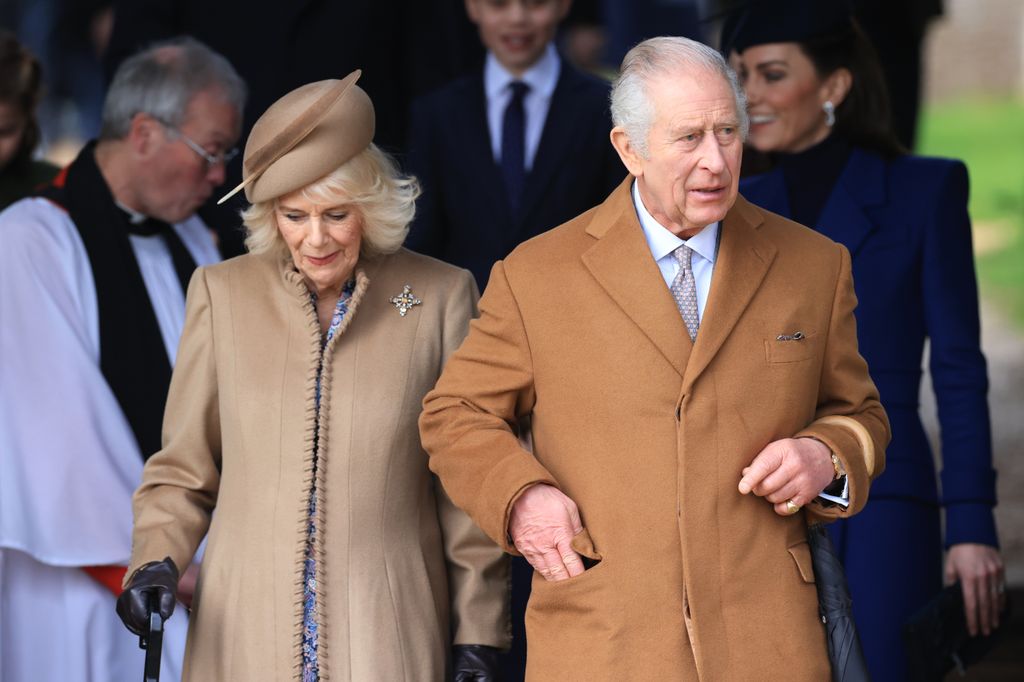King Charles is anticipated to be placed on extended bed rest following a corrective procedure for an enlarged prostate, a condition affecting many men globally.
The surgery, which is expected to occur this week, is a common yet significant medical intervention.
Professor Damien Bolton, Vice President of the Urological Society of Australia and New Zealand, explained the nature and frequency of such procedures, emphasizing their typically minimally invasive nature and the high volume of occurrences annually.
"These procedures are usually minimally invasive and performed without any skin incisions, and an estimated 25,000 are performed each year," stated Professor Bolton.
The King's medical team will likely advise a hospital stay of 1-2 nights, followed by a recuperation period at home spanning 10-14 days.
Such postoperative care is standard practice to ensure a full and uncomplicated recovery. During this time, the King will be advised to take it easy and avoid strenuous activities, though he may engage in light work from the comfort of his home.
Professor Bolton elaborated on the symptoms and potential complications associated with an untreated enlarged prostate.
"A sudden and urgent need to urinate, straining or slow flow while urinating, or getting up multiple times in the night to urinate," are among the changes in urination patterns to watch out for, as per Professor Bolton. He added that in severe cases, individuals might be unable to urinate, warranting immediate medical attention.
While the enlarged prostate, infections, and prostate cancer are the three most common prostate issues, Professor Bolton clarified that one does not necessarily lead to the other.
He stressed the importance of regular PSA blood tests for men over 50, or earlier if there is a family history, citing the PSA test as the best currently available method for early detection.
The King's openness about his medical condition serves as a vital reminder for men to prioritize prostate health checks and take action when necessary.
According to Professor Bolton, King Charles' age is typical for those undergoing prostate treatment, and his decision to share his diagnosis publicly is a positive step in raising awareness about the condition.
Queen Camilla, during her visit to the Aberdeen Art Gallery, reassured the public about the King's condition following inquiries from the Lord Provost. "He’s fine, thank you very much. Looking forward to getting back to work," the Queen commented.
Buckingham Palace confirmed the King's upcoming surgery, which comes alongside the news of the Princess of Wales' abdominal surgery. The timing of these announcements, made within 90 minutes of each other, has drawn significant public interest.
In light of the King's forthcoming surgery, his engagements at Dumfries House in East Ayrshire, which were to include a dinner and meetings related to his King's Foundation charity, have been postponed.
The announcement from the Palace serves as a courteous notice to guests, including foreign dignitaries and Cabinet members, who were scheduled to travel to Scotland for the events.
The royal couple was last seen together at a church service at Crathie Kirk near Balmoral last Sunday.
They have been residing in Scotland since the New Year, having spent Christmas at Sandringham in Norfolk. As King Charles prepares for his procedure, the nation sends its best wishes for his swift recovery and return to his royal duties.


